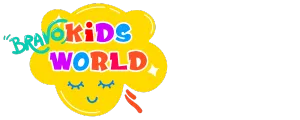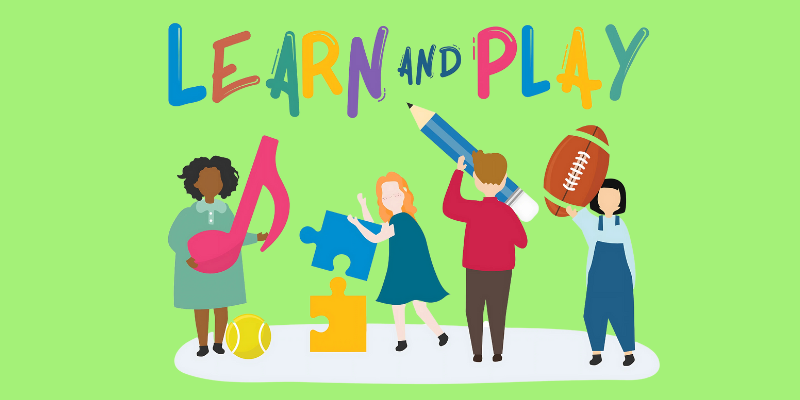Rethinking Education: From Industrial Age Systems to Curiosity-Driven Learning
Our education system, shaped during the Industrial Revolution, still holds sway in many curricula today. It was designed to prepare children to fill jobs, often measuring success through future salaries and job titles. But in doing so, it lost sight of a fundamental truth—children are not machines to be trained, but minds to be nurtured.
In classrooms across the world, little ones are handed large chunks of information, often with little regard for their individuality or the natural ways they absorb knowledge. We prepare them for tests, exams, and careers, but do we prepare them to think, explore, and grow as whole human beings?
Yet, education—at every stage—is meant to liberate. It should build confidence, foster curiosity, and open the mind, not just to facts, but to endless possibilities.
The Call to “Read”—For All Ages
The first command revealed in the Quran is “Read.” It’s a call to seek knowledge, but it doesn’t dictate that knowledge be restricted to any particular age or stage of life.
Rather, it speaks to the need for age-appropriate learning—an understanding that minds grow at their own pace and should be filled with knowledge they are ready to absorb.
Some children are capable of grasping much more than their age suggests, while others need time to blossom. Both should be equally respected. Yet, our system often ignores this principle of natural learning, feeding all children the same portion of knowledge, as if they are all on the same path.
The outcome? A generation of children burdened by a system that prioritizes scores on exams over true understanding. This pressure stems from the commercialization of education, where success is measured in entrance exams rather than in personal growth or genuine curiosity.
The Power of Learning in “Capsules”
This is where the idea of learning in “capsules” comes into play. Children don’t need to be overwhelmed with information. Instead, they need small, meaningful doses—capsules of knowledge that open doors in developing curiosity and spark questions. These moments of discovery awaken a child’s mind to the world around them.
A child who learns about the wonders of nature, the mysteries of the universe, or the stories of distant lands is a child whose mind is alive. This approach gives them the freedom to explore what excites them, without being pressured to master every subject.
Not every child will excel in ‘just’ math or science, and that’s perfectly fine. Today’s education system, with its narrow focus on core subjects, overlooks the beauty of diversity in learning styles, interests, and passions.
Education That Celebrates Individuality
True education should celebrate the uniqueness of each child. It should allow them to discover their own strengths and passions. Whether a child is an artist, a thinker, a dreamer, or an explorer, their education should be tailored to nurture that individuality, not stifle it with a one-size-fits-all approach.
As a mother myself of two beautiful children, I see firsthand how play and learning go hand in hand. Toys, games, and creative tools are not just about fun—they are about exploration, curiosity, and the freedom to learn at one’s own pace.
I have seen and experienced with awe how my children and children in their circle process the world around them through play, how they build confidence and problem-solving skills without the pressure of exams and yet we find them to be high achievers, keeping in mind their own potentials.
This is what real learning looks like—children growing into their potential, not defined by test scores but by their sense of wonder and curiosity.
A Call for Change
We need to rethink education. It should not be about filling young minds with information, but about sparking curiosity and nurturing each child’s unique strengths. Let’s move away from a rigid system that was built for another age and embrace a future where education is about unlocking potential, not limiting it.
Every child deserves the chance to learn in their own way, to grow into their talents and passions, and to be celebrated for who they are. Education should be a journey of discovery, not a race to the finish line.
The Main Image by rawpixel.com on Freepik

